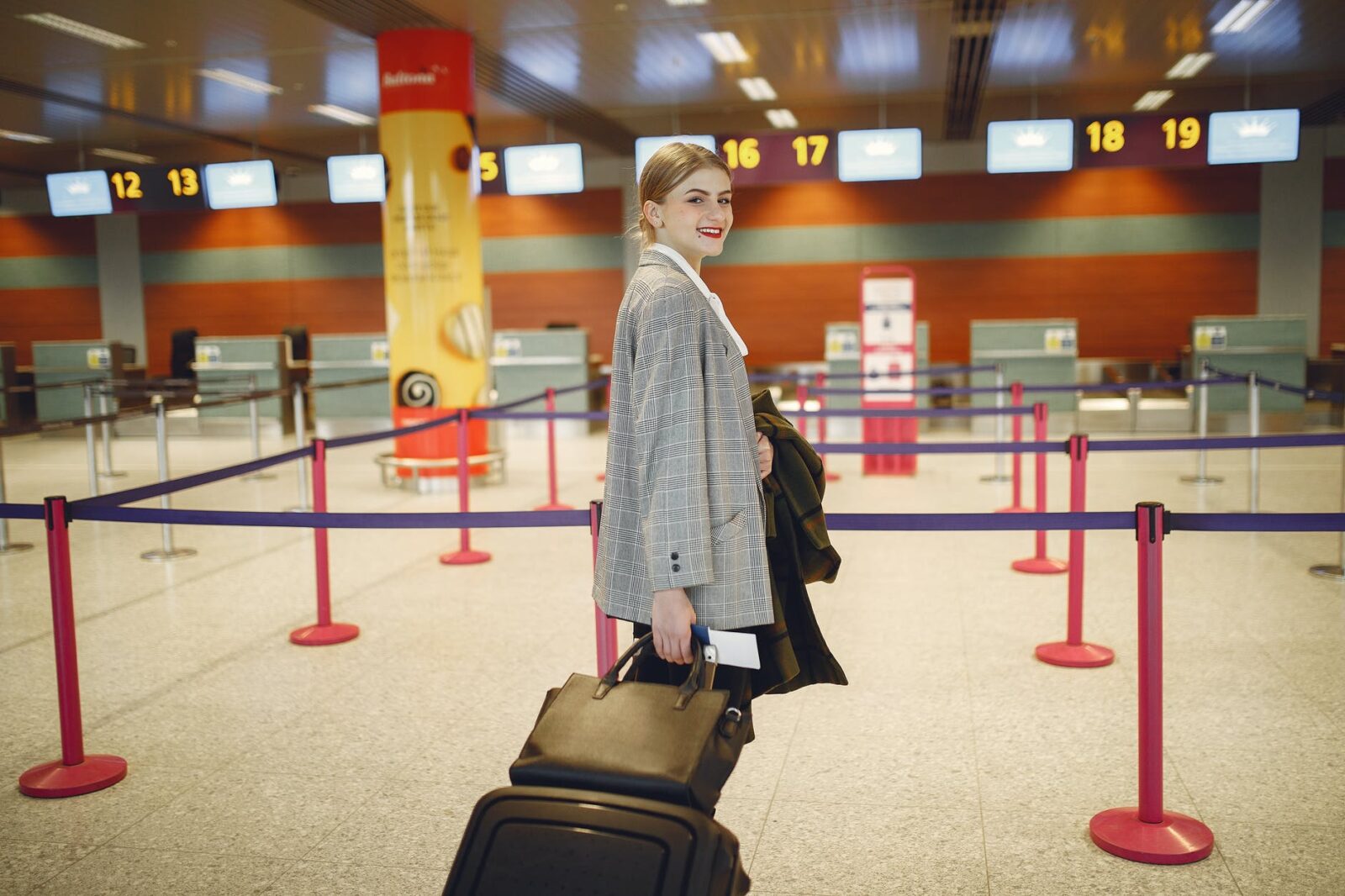In an increasingly interconnected world, families often find themselves scattered across different countries and continents. While this global mobility offers many opportunities, it can also lead to emotional and logistical challenges, especially for parents who are separated from their children. The Parent Visa is a crucial mechanism that allows families to reunite, providing parents with the opportunity to join their children in a new country and continue their lives together. This visa category, designed to foster family unity, comes with its own set of requirements, benefits, and challenges.
The parent visa 103 is primarily aimed at parents whose children are permanent residents or citizens of a given country. This visa facilitates the parents’ long-term or permanent stay, allowing them to live with their children and enjoy the benefits of being near their family. For many parents, this visa represents a lifeline, offering a chance to escape loneliness and isolation and to actively participate in the lives of their children and grandchildren.
One of the fundamental prerequisites for a Parent Visa is that the sponsoring child must be a citizen or a permanent resident of the country. This ensures that the parent has a stable and long-term support system upon their arrival. Additionally, most countries have specific health and character requirements that the parents must meet to ensure they will not pose a burden to the public health system or society at large. These requirements, while stringent, are in place to maintain the integrity of the immigration system and to ensure that those granted a Parent Visa can contribute positively to their new community.

The financial aspect of the Parent Visa is also significant. In many cases, the sponsoring child is required to demonstrate their ability to financially support their parents. This includes providing evidence of income or assets that can cover the living expenses of the parents, ensuring they do not become a financial burden on the state. The financial commitment underscores the serious nature of the sponsorship and the responsibility that comes with bringing a parent into the country on a long-term basis.
One of the most compelling benefits of the Parent Visa is the emotional and psychological well-being it brings to families. The separation of parents from their children can lead to significant emotional distress and a sense of isolation for both parties. Reuniting families through the Parent Visa allows parents to be active participants in their children’s and grandchildren’s lives, providing invaluable emotional support and contributing to a stronger family unit.

In addition to the emotional benefits, the Parent Visa can also provide practical advantages. Parents often play a crucial role in providing childcare, especially in households where both parents work. Their presence can ease the burden of childcare costs and offer a reliable and loving support system for their grandchildren. Furthermore, parents can share their cultural and familial traditions, enriching the lives of their family members and preserving important cultural heritage.
However, the process of obtaining a Parent Visa is not without its challenges. The application process can be lengthy and complex, often requiring extensive documentation and adherence to strict criteria. Applicants and their sponsoring children need to seek accurate and comprehensive information and, if necessary, professional assistance to navigate the application process successfully.
















